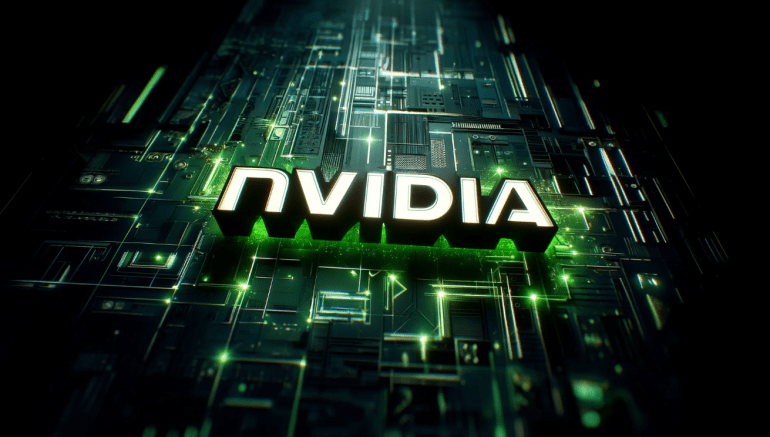- Nvidia has acquired Brev.dev, its fourth acquisition of 2024.
- Brev.dev is a startup specializing in AI and machine learning development platforms.
- The acquisition is aimed at optimizing GPU resources across various cloud providers.
- Brev.dev integrates with major players like Nvidia, Intel, and AWS, facilitating GPU instance management.
- This move aligns with Nvidia’s strategy to expand its cloud infrastructure and AI development capabilities.
- Previous acquisitions include Run:ai, Shoreline.io, and Deci, focusing on workload management, issue resolution, and AI model inference respectively.
- Nvidia’s DGX Cloud service, launched last year, supports GPU-powered tools for generative AI applications.
Main AI News:
Nvidia has significantly bolstered its AI cloud capabilities with the acquisition of Brev.dev, marking its fourth strategic acquisition of 2024. Brev.dev, a San Francisco-based startup, is known for its development platform tailored for AI and machine learning. The platform is designed to optimize GPU compute resources across a range of cloud service providers, enhancing efficiency for AI developers. Although financial terms of the acquisition remain undisclosed, this move aligns with Nvidia’s broader strategy to strengthen its presence in the cloud infrastructure domain.
Brev.dev’s platform is noted for its integration with major industry players such as Nvidia, Intel, and Amazon Web Services, offering a streamlined interface that connects with various GPU cloud services including AWS, Google Cloud Platform, and Fluidstack. This integration allows developers to efficiently locate GPU instances based on cost and availability, further positioning Nvidia as a key player in the AI cloud ecosystem.
Nvidia’s recent acquisitions reflect its strategic focus on expanding cloud infrastructure capabilities, particularly in the burgeoning field of AI development. The company has been actively enhancing its cloud services portfolio, including its flagship DGX Cloud service, which provides enterprises with robust GPU-powered tools and infrastructure essential for developing and deploying generative AI applications. Launched last year, DGX Cloud operates atop existing cloud providers like AWS, with a starting price of $19,699 per month for a single A100-based node.
Earlier in 2024, Nvidia acquired Run:ai, an Israeli startup specializing in Kubernetes-based workload management and orchestration. This acquisition, valued at approximately $700 million, is expected to bolster the capabilities of Nvidia’s DGX Cloud service and enhance the functionality of DGX and HGX servers. Additionally, Nvidia recently acquired Shoreline.io, a startup providing automated infrastructure issue resolution software. The deal, valued at around $100 million, integrates Shoreline’s technology into the DGX Cloud unit, reflecting Nvidia’s commitment to improving data center operations.
Another notable acquisition this year is Deci, an Israeli company focused on accelerating AI model inference while maintaining accuracy across diverse hardware platforms. Valued at approximately $300 million, the Deci acquisition further underscores Nvidia’s strategic efforts to expand and refine its AI cloud capabilities, reinforcing its position as a leader in the evolving tech landscape.
Conclusion:
Nvidia’s acquisition of Brev.dev highlights its continued investment in enhancing its AI cloud infrastructure. By integrating Brev.dev’s platform, Nvidia is further solidifying its role as a leader in AI and machine learning development. This strategic move is part of a broader effort to expand its cloud services and optimize GPU resource management. The recent series of acquisitions reflects Nvidia’s commitment to advancing its cloud offerings and staying competitive in the rapidly evolving AI market. These acquisitions not only strengthen Nvidia’s position but also underscore its strategy to build a robust ecosystem for AI developers, potentially driving further innovation and growth in the AI cloud sector.

